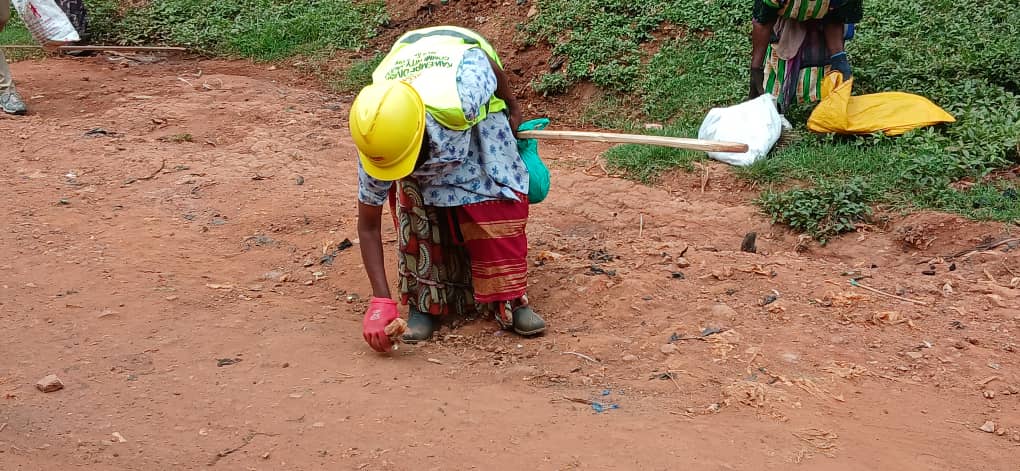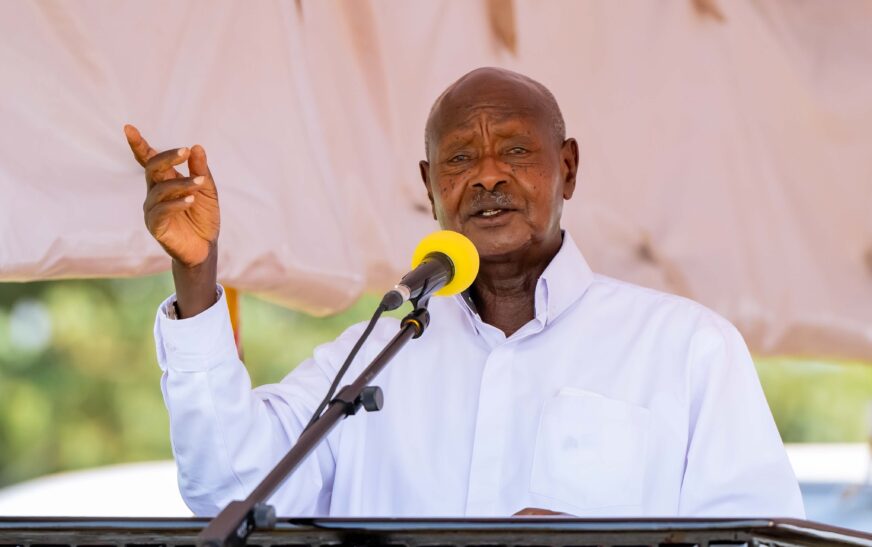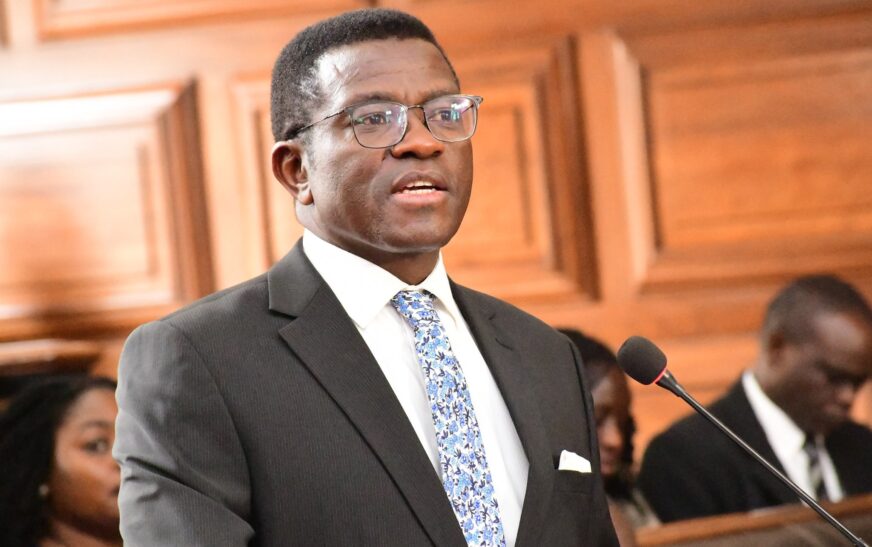Starlink, Elon Musk’s satellite internet venture under SpaceX, has introduced a new 12-month residential subscription plan offering customers free hardware—namely the satellite dish and Wi-Fi router, which typically cost $349—at no upfront charge.
The offer, available in select markets, requires customers to commit to a full-year subscription. The move is seen as part of Starlink’s strategy to lower the barrier to entry and compete more directly with traditional internet providers, especially in underserved areas.
This development comes shortly after Ugandan President Yoweri Museveni revealed that he had a “productive meeting” with representatives from Starlink, which is seeking to establish operations in Uganda.
Uganda’s internet users have long raised concerns over the high cost and poor reliability of local internet services—issues often linked to limited competition in the market. While it remains unclear whether Starlink has formally received regulatory approval from the Uganda Communications Commission, the company’s expanding presence signals a potential shake-up in the local telecom sector.
Starlink has quietly made several service adjustments in recent months. In March, it launched a more affordable plan with certain limitations. Now, the newly unveiled 12-month contracts offer an even more appealing option for users looking to abandon legacy internet providers.
Much like mobile phone contracts, the new plan provides hardware at no cost in exchange for a one-year commitment. Previously, customers had to pay an initial setup fee starting at $349 for the equipment, on top of monthly service charges.
For rural communities and remote regions with poor infrastructure, Starlink has become a game-changing internet solution. The service has rapidly expanded to include features such as support for RVs, faster speed tiers, and global mobility. However, the high upfront hardware cost had slowed adoption for many potential users—something the new plan aims to resolve.
Although Starlink has offered similar promotions in the past, this is the first time the company is rolling out such contracts to a broader set of international markets, possibly laying the groundwork for a stronger presence in Africa.



















